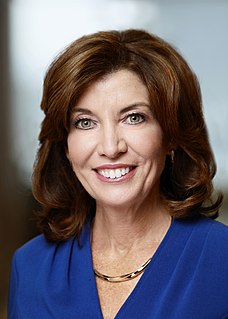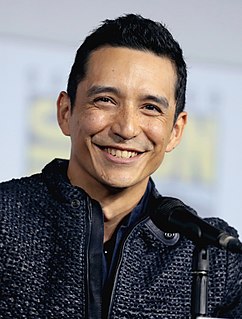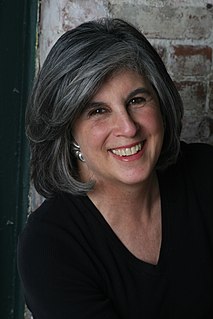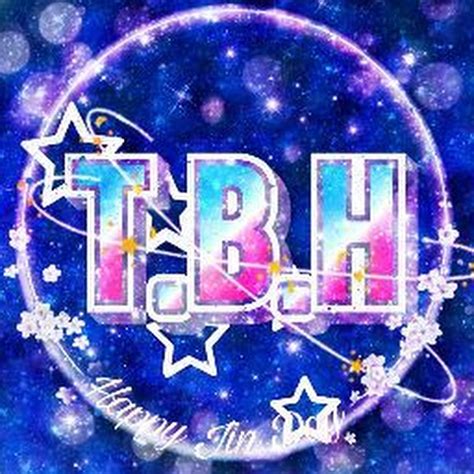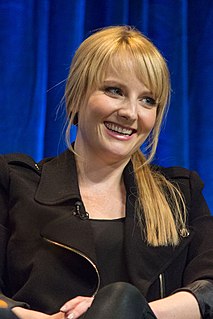A Quote by Emma Healey
Although my father's mother, Nancy, has dementia, and her experiences gave me ideas for some of the scenes in the book, it was my mother's mother, Vera, who most influenced the character of Maud. Vera died in 2008, before I'd gotten very far into writing 'Elizabeth Is Missing,' but her voice is very like Maud's.
Related Quotes
My mother saw her mother... her father walked out when they were very young and it was a lot of, I'd say more verbal abuse than physical, but it was the same. And my mother, back in the 70s, became an advocate for victims of domestic violence way before anybody in the Legislature was talking about it.
When Eve was brought unto Adam, he became filled with the Holy Spirit, and gave her the most sanctified, the most glorious of appellations. He called, her Eva--that is to say, the Mother of All. He did not style her wife, but simply mother--mother of all living creatures. In this consists the glory and the most precious ornament of woman.
I know also another man who married a widow with several children; and when one of the girls had grown into her teens he insisted on marrying her also, having first by some means won her affections. The mother, however, was much opposed to this marriage, and finally gave up her husband entirely to her daughter; and to this very day the daughter bears children to her stepfather, living as wife in the same house with her mother!
Her [Eleanor Roosevelt] father was the love of her life. Her father always made her feel wanted, made her feel loved, where her mother made her feel, you know, unloved, judged harshly, never up to par. And she was her father's favorite, and her mother's unfavorite. So her father was the man that she went to for comfort in her imaginings.
"That's a poor match, Sean Kendrick," says a voice at my elbow. It's the other sister from Fathom & Sons, and she follows my gaze to Puck. "Neither of you are a housewife." I don't look away from Puck. "I think you assume too much, Dory Maud." "You leave nothing to assumption," Dory Maud says. "You swallow her with your eyes. I'm surprised there's any of her left for the rest of us to see."
When my daughter went to school, her last name was mine. The school insisted that her father's name be added to hers, not her mother's. The fact that the mother kept her in her womb for nine months is forgotten. Women don't have an identity. She has her father's name today and will have her husband's tomorrow.
My father died at 42, of a heart attack. My mother was 32 then. She never wanted to be a victim. And that really resonated as a nine-year-old child. And one of the most revealing things was, very soon after my father died - he was in real estate and he owned some modest buildings - they came to my mother, the men that worked for him, and they said, "You don't have to worry. We will run the business and we will take care of you." And my mother said, "No, you won't. You will teach me how to run the business and I will take care of it and my children."

